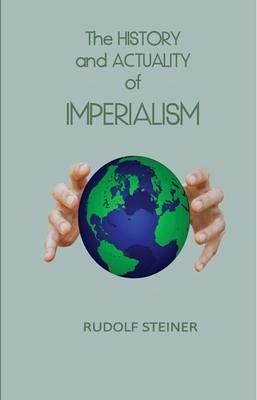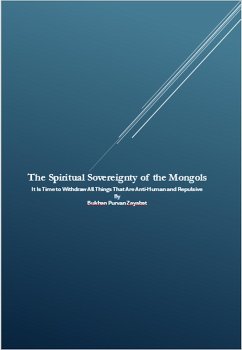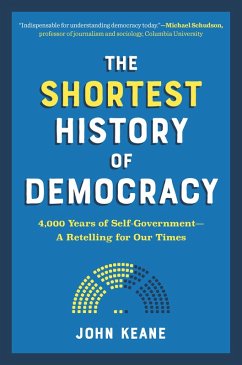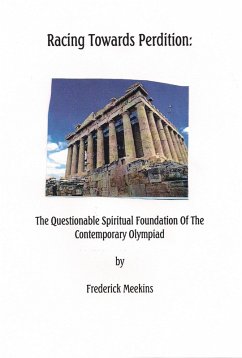
The History and Actuality of Imperialism (eBook, ePUB)
Versandkostenfrei!
Sofort per Download lieferbar
7,99 €
inkl. MwSt.
Weitere Ausgaben:

PAYBACK Punkte
4 °P sammeln!
In 1920 Rudolf Steiner had already foreseen that the future imperialism would be economic rather than military or nationalistic. In these three lectures he describes the history of imperialism from ancient times to the present and into the future. The anglo-american would play an increasingly important role in future developments, so the English visitors who attended must have been especially attentive.These lectures are the 16th, 17th and 18th of 18 lectures in the lecture series entitled, Spiritual and Social Transformations in Human Evolution, published in German as, Geistige und Soziale Wa...
In 1920 Rudolf Steiner had already foreseen that the future imperialism would be economic rather than military or nationalistic. In these three lectures he describes the history of imperialism from ancient times to the present and into the future. The anglo-american would play an increasingly important role in future developments, so the English visitors who attended must have been especially attentive.
These lectures are the 16th, 17th and 18th of 18 lectures in the lecture series entitled, Spiritual and Social Transformations in Human Evolution, published in German as, Geistige und Soziale Wandlungen in der Menschheitsenticklungen. They were given by Rudolf Steiner on February 20-22 1920, at Dornach, Switzerland. From Gasumptausgabe (collected works) #196.
These lectures are the 16th, 17th and 18th of 18 lectures in the lecture series entitled, Spiritual and Social Transformations in Human Evolution, published in German as, Geistige und Soziale Wandlungen in der Menschheitsenticklungen. They were given by Rudolf Steiner on February 20-22 1920, at Dornach, Switzerland. From Gasumptausgabe (collected works) #196.
Dieser Download kann aus rechtlichen Gründen nur mit Rechnungsadresse in A, D ausgeliefert werden.














